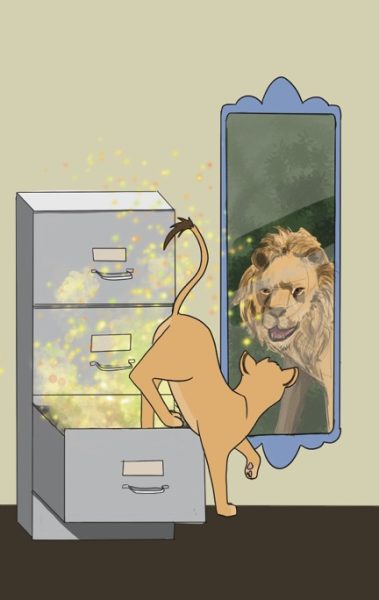Board Editorial: Is Whitman Really a Community?
October 15, 2015
Campus politics have a depressing pattern. This year we’ve already seen it play out with drive-by harassment. Crises arise, capturing the community’s interest for a brief moment. But the novelty wears off and students go back to their daily schedules. Most of those not affected by a threat – wealthy, white students who make up the majority of the student body – disengage.
Whitman calls itself an academic community, but by definition a community’s members watch out for each other. Protecting the basic rights of others should come before one’s own self-interest and happiness. Confronting racism and privilege are not happy tasks, but they are necessary if “community” is to be more than a meaningless cliché.
White students need to be willing to permanently give up some of the time they spend on sports and extracurriculars to focus on work that will make this campus safe for students of color. There are a dozen intercultural clubs and various political issues that would benefit from more students getting involved. These groups don’t need white students to save them; they already have strong leaders. Newcomers need to admit what they don’t know, to be willing to listen and learn and take action in ways that support students of color who’ve been working on these issues for years.
Whitman prides itself as being one of the happiest colleges in the nation- it promotes the fact at the top of its admissions page. At this moment the college is considering constructing costly new residence and dining facilities in an effort to maintain student body happiness and keep up with other private liberal arts institutions in a luxuries arms race. Happy students means more applicants – to be specific, more wealthy applicants whose money can keep funding the country club college experience (despite its large endowment, Whitman remains one of the least financially accessible colleges in the nation). These policies have predictably led to a happy student body which repeatedly ignores the injustice that endangers its students of color.
Whitman’s students and administration need to change their priorities. Students need to focus on the well-being of others instead of self-interest, and administrators need to shift the institution’s values to prioritize community and citizenship. Otherwise we are not a community, only a collection of individuals focused on our own happiness at the expense of one another.






